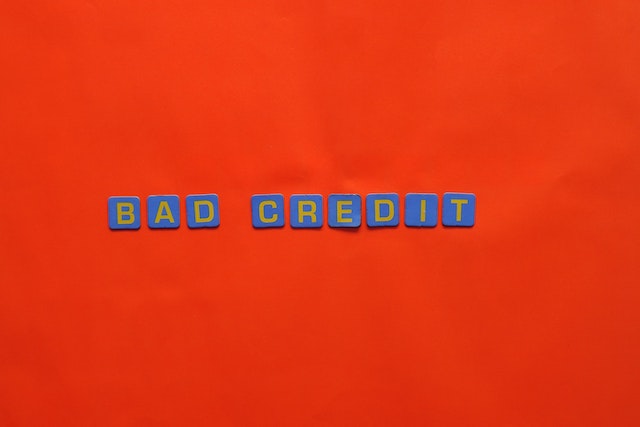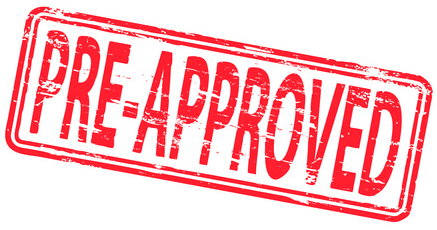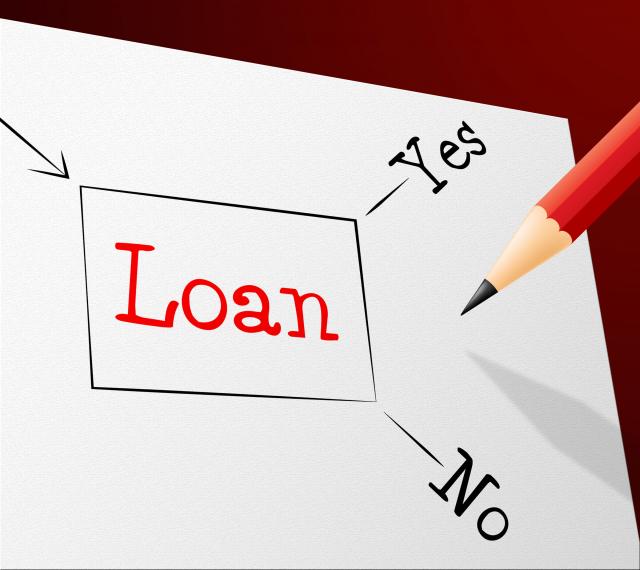What Is A Bad Credit Score?
 What is considered a bad credit score can vary depending on the credit scoring model being used but, ultimately, it comes down to what each lender considers a “bad” credit score. Your credit score is used by lenders to assess the risk that you may pose to them, should they provide you credit, and each lender may consider a different score as a “bad” credit score. When considering the most commonly used credit scoring model, FICO, the scores range from 300 to 850, and is usually categorized in the following ranges:
What is considered a bad credit score can vary depending on the credit scoring model being used but, ultimately, it comes down to what each lender considers a “bad” credit score. Your credit score is used by lenders to assess the risk that you may pose to them, should they provide you credit, and each lender may consider a different score as a “bad” credit score. When considering the most commonly used credit scoring model, FICO, the scores range from 300 to 850, and is usually categorized in the following ranges:
- Excellent Credit: 781 – 850
- Good Credit: 661-780
- Fair Credit: 601-660
- Poor Credit: 501-600
- Bad Credit: below 500
The information in your credit report from credit bureaus is used to determine your credit score.
While the above ranges can help you get a better idea of where your credit score falls in regards to typical risk assessment and quality of credit, as stated above, each lender may consider a different score as being a “bad” credit score. For example, an auto loan lender may consider a credit score between 300 and 500 as being a bad credit score while a mortgage lender will likely consider a credit score between 300 and 650 as being a bad credit score.
What Does A Bad Credit Score Mean For Me?
For many people the subject of credit scores can be a stressful, if not sensitive, topic to discuss, especially if your credit score falls within the range that is typically considered as a bad credit score. There are numerous reasons that someone would have a bad credit score – many of which may not have been in your control – but here you are now, with “bad” credit, and it’s important to know how it will affect you.
First of all, as you may have already experienced, a lower credit score can lead to you being denied by a lender for anything from buying a mattress with a payment plan to a new home mortgage. Being denied credit, a mortgage, or even a job because of poor or bad credit can be stressful and frustrating but even being approved by a lender while your credit score is low can cost you greatly. With a bad credit score, if a lender does approve you, they will give you a very high interest rate which can cost you thousands of dollars extra. For instance, with a $25,000 5-year car loan at an interest rate of 16% (which could be significantly higher with bad credit) would likely cost you over $6,000 more than if you had decent credit and were able to get the same loan with an interest rate of 8% (which could be significantly lower with a 700+ credit score) – a typical home mortgage could cost you an extra $100,000 in interest!
What Gives You A Bad Credit Score & What You Can Do To Improve Your Score
If you’ve discovered that your credit score falls into the “bad” credit range, it is helpful to know what may have caused your credit score to drop. You can get this information by reviewing your credit report which will include any negative items which negatively impacted your credit score, causing you to have a bad credit score. There are a number of things that may give you a bad credit score, a few of which include:
- Defaulting on a loan or credit card
- Paying a credit card/loan/mortgage payment late
- Foreclosure
- Bankruptcy
- Changing your address too frequently
- Running frequent credit checks
- Keeping a high balance to credit limit ratio
The above are some of the most common issues that lead to a poor or bad credit score but there are many others as well. It is important to review your credit report with a credit consultant to help shine more light on what may have caused your credit score to drop and how you can improve or repair your credit.
Rebuilding or Fixing a Bad Credit Score
Thankfully, having a bad credit score is not the end of the world. There is a light at the end of the tunnel as there are many ways to improve your credit score or repair your credit. Here are a few ways in which you can take control of your credit and work on getting your score back up:
- Pay your bills on time. Delinquent payments and collections can have a major negative impact on a credit score.
- Keep balances low on credit cards and other “revolving credit”. High outstanding debt can affect a credit score.
- Apply for and open new credit accounts only as needed. Don’t open accounts just to have a better credit mix. It probably won’t improve your credit score.
- Pay off debt rather than moving it around. Also, don’t close unused cards as a short-term strategy to improve your credit score. Owing the same amount but having fewer open accounts may lower your credit score.
Another option to get out of that “bad” credit score range quickly, is to repair your credit score by disputing negative credit items which are showing up on your credit report. This can be done manually or through a credit repair company. In many cases there may be false information or even simple mistakes that can allow the negative items to be disputed and removed from your credit report. By removing these negative items from your credit report, your credit score will go up.



